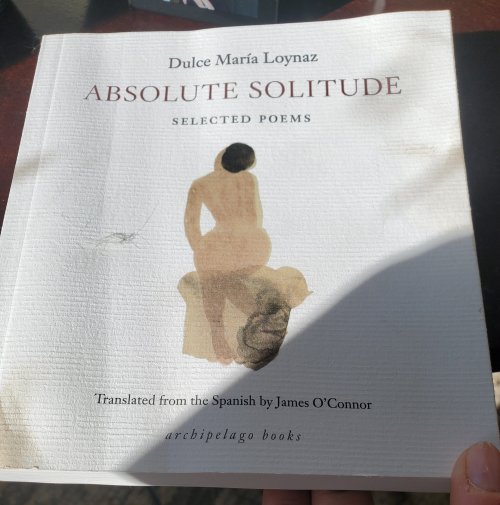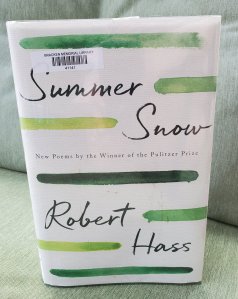It’s been a wild and crazy year for me, personally, professionally, emotionally, physically, etc. Most of my focus has been on building an ICF house with my business partner and getting my daughter through the process of applying to college. I had a milestone birthday, went to my first ever NFL game and had an absolute blast, did a little traveling to West Virginia to pick up a puppy and spent the holidays surrounded by my entire family and favorite people. I’ve only read five books this year, albeit five rather large novels. Dickens’s Bleak House and Maugham’s On Human Bondage especially resonated with me because of the writing styles and the resiliency of the characters that these authors portray. I keep thinking about Sir Leicester Dedlock in Bleak House who seems like an unemotional, conservative, upper class Englishman who only cares about his family name and title. But when he learns a secret that his wife has been hiding from him for years, he decides that he doesn’t care about any of it. His love and devotion for her and his resilience are what carries him through. He isn’t discussed as much as some of Dickens’s other, more interesting characters, but Sir Dedlock left a lasting impression on me.
Resilience has been the theme, yet again, for me this year. Sometimes I wonder how many times I can suffer a setback or a disappointment before I am shattered and can’t put the pieces back together anymore. But, then again, I’ve also had the privilege of witnessing the incredible resilience of my daughter who has handled her own setbacks with poise and grace. So as I sit here on one of the last days of the year, with physical scars on my hands and legs from pouring concrete and the old, figurative scars on my heart, I have an overwhelming sense of pride and excitement for what is ahead of me in the new year. Jane Hirshfield, in her newest collection, The Asking, reminds me that wounds and scars are a good thing, they bring us closer to our humanity and make us stronger and more connected to the world and those we care about:
For What Binds Us
There are names for what binds us:
strong forces, weak forces.
Look around, you can see them:
the skin that forms in a half-empty cup,
nails rusting into the places they join,
joints dovetailed on their own weight.
The way things stay so solidly
wherever they've been set down---
and gravity, scientist say, is weak.
And see how the flesh grows back
across a wound, with a great vehemence,
more strong
than the simple, untested surface before.
There's a name for it on horses,
when it comes back darker and raised: proud flesh,
as all flesh
is proud of its wounds, wears them
as honors given out after battle,
small triumphs pinned to the chest---
And when two people have loved each other
see how it is like a
scar between their bodies,
stronger, darker, and proud;
how the black cord makes of them a single fabric
that nothing can tear or mend.
I do know that more reading and writing need to be an integral part of my year—I wrote to an acquaintance recently that immersing myself in big, complex books and poetry like Hirschfields’s is good for my scars and my soul.





 In Summer 2020 edition of
In Summer 2020 edition of 
